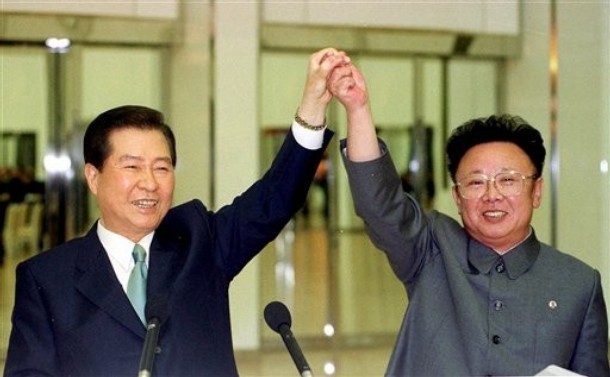
The North Korea nuclear crisis is putting the world on edge, what can be done?
If you’ve been keeping up to date with news on the North Korea nuclear crisis, you may also be aware that this long-drawn “war” between North and South Korea (and its allies) could have actually been averted due to a series of extraordinary events that almost led to reconciliation two decades ago.
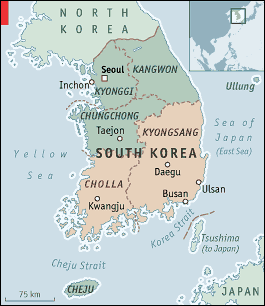
Who was Kim Dae-Jung, the man who almost reconciled the two Koreas?
But let’s go all the way back to 1925, when a farm boy called Kim Dae-Jung was born.
He came from a small village on an island of Cholla Province on South Korea’s southwestern coast (a region commonly scorned by presidents who came from a rival province in the southeast).
South Korea is a patriarchal society which closely follows Confucian values.
This evolved into a culture where the status quo is that everyone should know his or her place in society.
One should not challenge that hierarchy of money, connections and power, otherwise he will be put in his place.
https://www.youtube.com/embed/tr5mAPtx8fg?ecver=2
Go watch this Korean drama, Signal, and you’ll understand what I mean.
Kim Dae-Jung’s rise to become South Korea’s First President from the opposition
Kim was pretty much a revolutionary.
Besides being born in Cholla from which Samsung, one of the five big chaebol, refused to employ anyone, Kim was the first opposition leader to take power in South Korea after running for President 4 times.
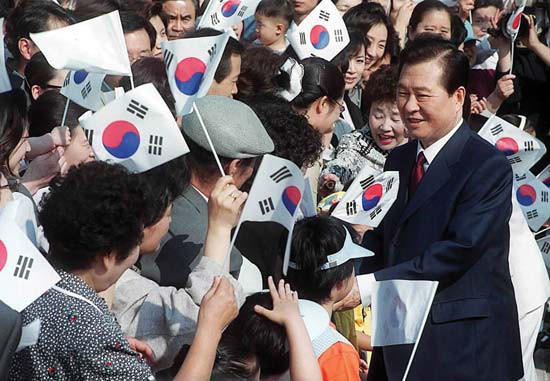
In his political career, he also survived:
- at least five assassination attempts
- an abduction by the Korean CIA (where he was almost thrown into the sea before the U.S. government intervened)
- multiple house arrests
- imprisonment
- a death sentence (which was lowered to life imprisonment, then a 20-year term before his sentence was suspended two years later)
- and subsequently exile in the U.S. before he returned and was elected as the eighth President of the Republic of Korea (1998–2003).
The Sunshine Policy that almost reconciled the two Koreas
Among other economic reforms to save South Korea’s near-bankruptcy, President Kim put North and South Korea on the road towards peaceful co-existence with his “Sunshine Policy”.
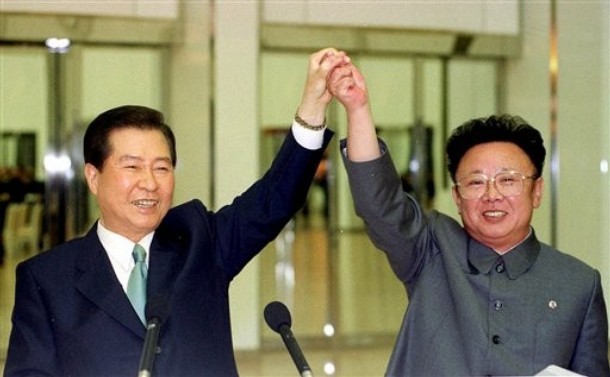
His stance towards North Korea was one of engagement and encouraging gradual economic integration, instead of standoffs and sanctions as was the preferred method by the U.S. to deal with North Korea.
President Kim and North Korean leader Kim Jong-il signed a joint declaration on June 15, 2000.
This opened the way for greater economic and cultural exchange between the two Koreas, and North Korea to benefit from cash injections from South Korea to for humanitarian purposes (in the hope that North Korea would denuclearise).
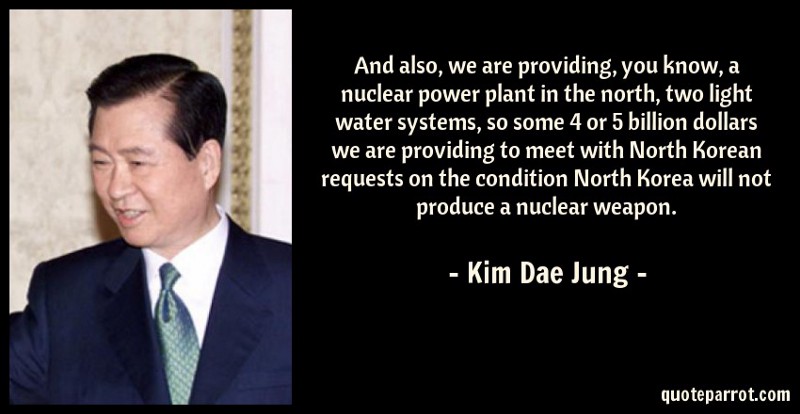
Roads and railways were built across the shared border, a joint industrial park was constructed, and elderly Koreans separated for half a century since the Korean war finally met in temporary family reunions.
But ultimately, due to a combination of factors, President Kim’s Sunshine Policy was discontinued in 2008.
Obstacles to the policy were the fact that North Korea simply took South Korea’s money to continue its nuclear program, and the U.S.’s deep distrust of North Korea under President Bush’s rule which affected the bilateral Korean relationship.
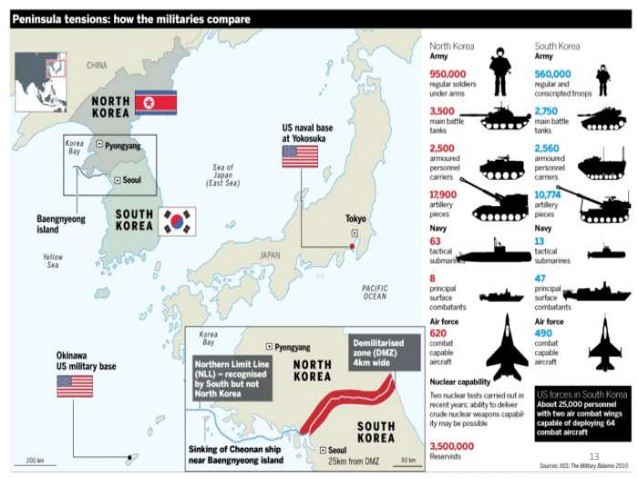
Will North Korea go to war?
In the rising tension over North Korea’s continued nuclear tests, war should be our last resort.
Both North and South Korea have bigger backers who would find it an inconvenient distraction and opportunity cost to fund a war, when they have more pressing economic issues to manage.
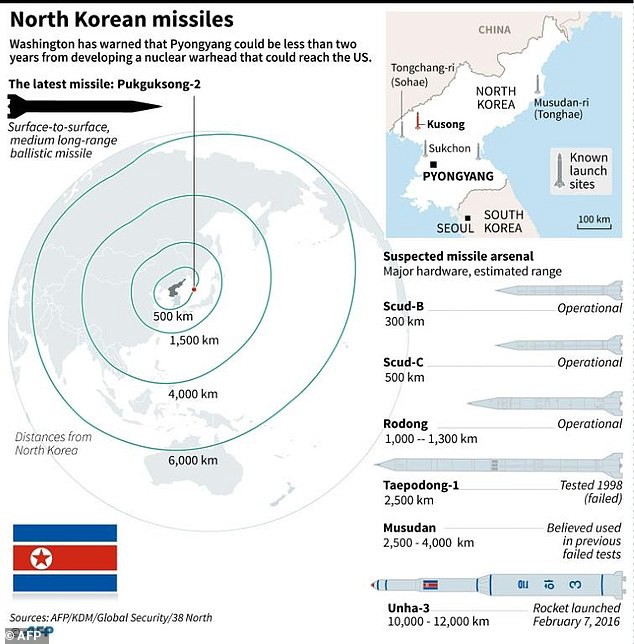
Source: AFP
And because even though North Korea isn’t exactly near Singapore, when elephants fight, it is the grass that suffers.
The question is whether the world can find a solution to defuse tensions and open dialogues, or use aggression, sanctions and posturing to cow North Korea into passivity (not likely).
Originally published at Jules of Singapore.